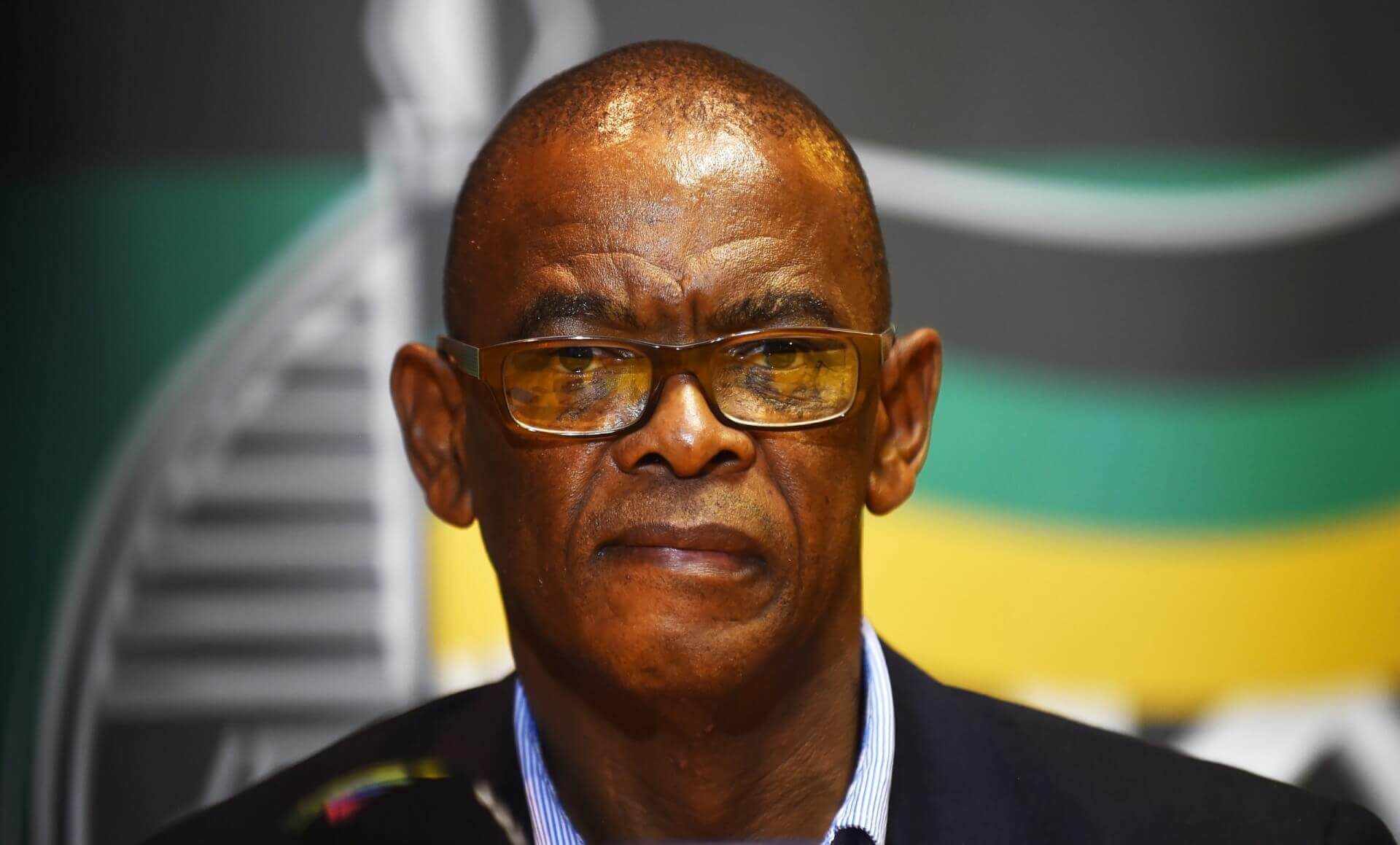A diplomatic team sent by South Africa’s ruling party, the African National Congress (ANC), to Zimbabwe has once again returned empty-handed after failing to meet opposition political parties and civic organizations in the country amid public unrest and allegations of government overreach.
The ANC’s secretary-general, Ace Magashule, returned from Zimbabwe on Thursday having met only with officials from the country’s ruling party, Zanu PF. The delegation, led by Magashule, met with Zanu PF chairperson Oppah Muchinguri-Kashiri and other senior party officials. While he said that the discussion was “very candid, frank, robust, and open”, it is unclear what the benefit of the meeting was when they held a virtually identical one just a few weeks earlier.
To address this concern, Magashule said that the ANC would schedule a meeting with opposition political parties and other relevant actors in the next two weeks. He remarked that this prospective meeting had already been approved by the Zanu PF.
For its part, the ruling party of Zimbabwe, which is headed by President Emmerson Mnangagwa, says that such meetings are unnecessary and is only “taking place against the backdrop of false claims of a nation in crisis”.
However, the main opposition party, the Movement for Democratic Change Alliance (MDC-A), led by Nelson Chamisa, believes that such meetings are useless, as the change the Zimbabwean populace seeks is not possible while Mnangagwa and the Zanu PF are in power.
In early August, South African President Cyril Ramaphosa sent a team of special envoys to Zimbabwe to discuss de-escalation with government officials in the country. These efforts were criticized by Zimbabwe’s political opposition, as the team did not meet with the Movement for Democratic Change (MDC) Alliance, a group of political parties opposed to President Mnangagwa.
It has since emerged that the Zimbabwean President barred the envoys from meeting the opposition MDC or civil society groups, and instead only allowed them to meet with the ruling Zanu-PF, despite the South African embassy in Harare sending a list of organizations and people whom the envoys wanted to meet. Mnangagwa stressed that it was a strictly ‘government-to-government initiative’.
In the aftermath of that meeting, the South African government said that it wishes to send the envoys back to Zimbabwe to meet with other parties and individuals during a second trip to the country. Hence, when ANC secretary-general Magashule says that they are planning to meet the MDC-A and civic activists on a third trip, it is scarcely believable, since the South African government has previously made and failed to deliver on such promises.
Zimbabwe is beset by spiraling corruption and an inflation rate that has touched a decade high of 800%. Likewise, according to the United Nations’ (UN) World Food Programme (WFP), close to two-thirds of the country are predicted to be at risk of hunger by the end of the year.
The remnants of oppression that guided former leader Robert Mugabe’s regime still run strong across the country, with dissenters facing a whole host of physical and psychological intimidation tactics. In fact, during the past few months, over 100,000 citizens have been arrested for supposedly flouting coronavirus lockdown restrictions, wherein the government is using the coronavirus as a pretext to silence political dissent.
In fact, United Nations (UN) human rights experts have expressed “grave alarm” at the “pattern of disappearances and torture aimed at suppressing dissent” in Zimbabwe. UN pressure and sanctions by the United States (US), the European Union (EU), Australia, Canada, and New Zealand have failed to deter Mugabe and now Mnangagwa. It remains unlikely that South Africa, even if it is to meet with opposition leaders, will be able to effect any sort of significant change in the country.
Zimbabwe Government Once Again Bars South African Delegation From Meeting Opposition Party
This comes just one month after the first visit, after which the South African government said that it would meet with the opposition party and civic activists on its next trip.
September 11, 2020

African National Congress (ANC) Secretary-General Ace Magashule, who led South Africa’s delegation to Zimbabwe. SOURCE: SAVANNA NEWS
